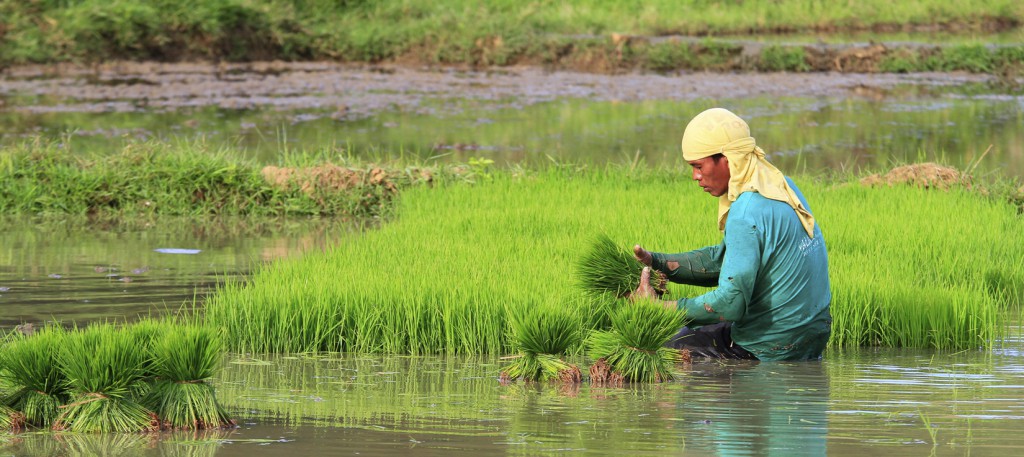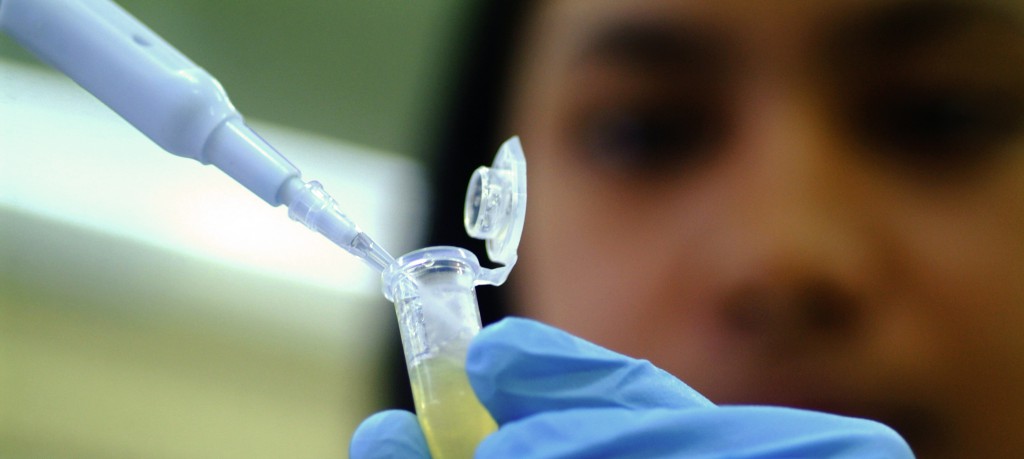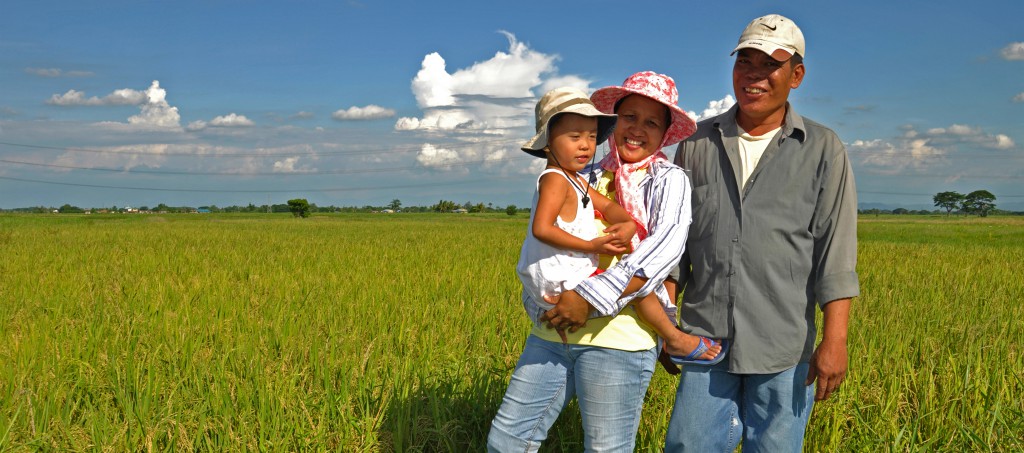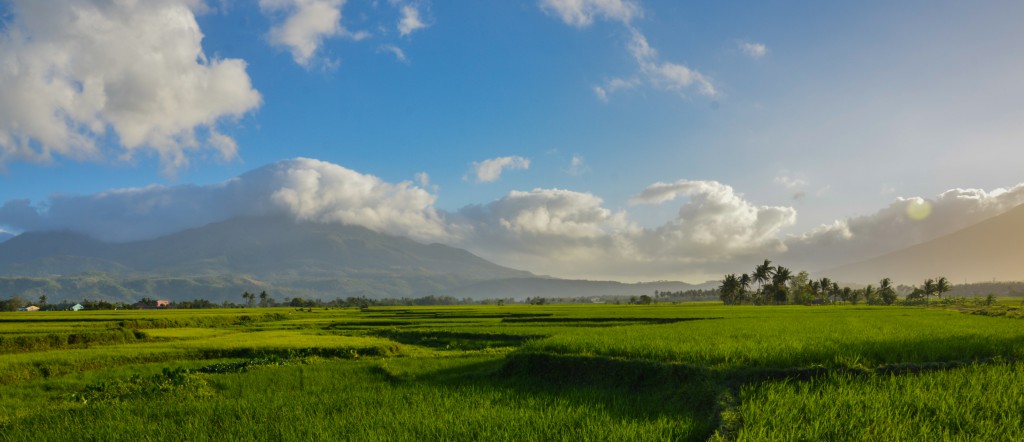In 2013, PhilRice helped the Philippines produce 18.44 million metric tons, the highest rice production growth in history. The country also registered a 16%-increase in rice self-sufficiency within three years. The growth is exponential from 81% rice self-sufficiency rate in 2010 to 97 percent in 2013.
From 2010 to 2013, Philippines posted a 2.71 in percentage change, making the country the fastest rice growing rice producer in Asia. With this accomplishment, PhilRice is more motivated to increase farmers’ income, improve knowledge, enrich social change, and protect biodiversity and the environment.

PhilRice has developed promoted and commercialized varieties and crop management technologies that helped increase productivity growth in the past decade.
An external review of the Bureau of Agricultural Research shows that farmers’ net income increased from P3,268 per hectare (2000 prices) in 1995 to P12,142 per hectare in 2004 in the irrigated ecosystems. Net incomes from the non-irrigated ecosystem increased from P3,085 per hectare in 1995 to P6,263 per hectare in 2004.
The report also mentioned that farmers in the less favorable environments (rainfed lowland and upland) were not totally neglected as they have benefitted from PhilRice-developed varieties and development activities.
Moreover, yield gains attributed to PhilRice extension work showed 4 to 12%.

The information and training materials produced by PhilRice, its tri-media public information releases, education campaigns, training, technical briefings, techno demonstrations, farmer field schools, and field day increased the knowledge of rice stakeholders.
As shown in the external review of Bureau of Agricultural Research, substantial knowledge was gained in the PhilRice-conducted training. In focused-group discussions and interviews, farmers and extension workers freely and spontaneously made mention of PhilRice technologies such as the Minus-One Element Technique, integrated nutrient management, registered seeds, and A x R planting for hybrid seeds.
Study shows that PhilRice-trained farmers now are “more cost conscious and more open to new practices” and that they are more capable in solving farm-related problems and more informed in making decisions.

For social researchers, social impact is shown when farmers enthusiastically share rice information and experience with others, attend field schools regularly, share in the chores while preparing for a field day or training event, go to a nearby village to serve as a resource person in a farmer’s forum, and take pride in the high yields of his PalayCheck group members. When such a behavior is sustained and has become contagious, affecting the entire community, this could lead to a social phenomenon called social change.
In the case of hybrid seed production in Isabela, Butuan, Davao, Midsayap, Socsargen, Laguna, and Nueva Ecija the seed growers banded themselves into a cooperative to pursue and engage in a common business. They attended a season-long, rigid, and demanding hybrid seed-growing at PhilRice, subjected their crops to inspectors, submitted seed samples for seed certification, attended meetings with DA regional officials, and attended field days as a group.
The seed grower cooperatives in Region II have acquired assets such as farm machinery, warehouse, delivery and trucks during the peak of the government’s hybrid commercialization program in 2003-2005.

PhilRice researchers are implementing methods that will ensure that rice will still be life to farmers, consumers, and to the nation that it nourishes. More than 13,000 rice genetic resources or life of the rice industry, are stored in PhilRice gene bank.
It conserves biodiversity in the rice ecosystem by promoting integrated nutrient management, which involves the amelioration of the soil through the combined use of organic and inorganic fertilizers, planting of green manure plants, and use of biofertilizers. It also promotes water-saving technologies including aerobic rice, alternate wetting and drying, on-farm water harvesting and storage, and use of hydrophobic materials to improve the productivity of sandy soils.
PhilRice advocacies on environment include conducting studies on organic nutrient management and ecological engineering; and developing green and clean technologies.




